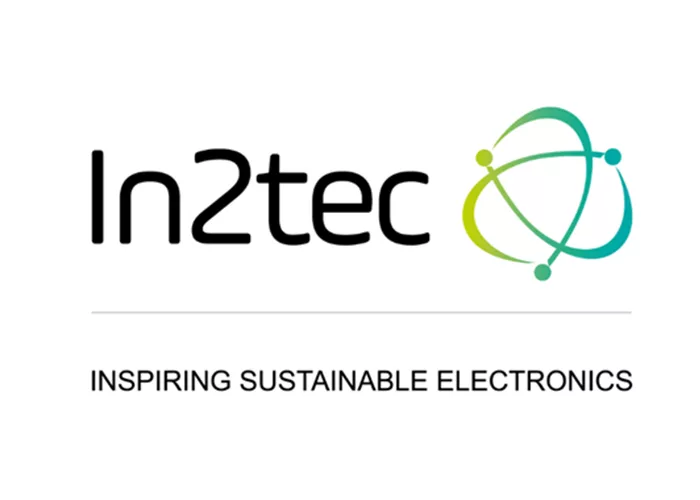In this article, In2tec’s development and engineering director, Dr Mark Hudman, explains how EV batteries are getting a second life providing power in remote locations.
In2tec and AceOn Group have joined forces to enhance AceOn’s portable power generators and mini-grid systems for use in remote locations without easy access to electricity, such as Nigeria and other locations in Sub-Saharan Africa. With the help of Liverpool John Moores University and Nigerian solar product supplier Nevadic Solar (plus funding from Innovate UK) they aim to utilise EV batteries that have reached the end of their in vehicle life, to create interchangeable powerpacks to provide electricity to remote locations.
In2tec’s development and engineering director, Dr Mark Hudman, said: “Working with a fellow prestigious UK based technology company allows us to once again prove that the UK is the centre for electronics innovation and the specialist development of sustainable technologies.
“Developing this technology is not only beneficial for UK industry, but also retains a humanitarian perspective. Getting these off-grid systems to areas such as Nigeria, Botswana and other countries in the Sub-Saharan Africa territories gives electricity to those who really need it including hospitals, schools and homes.”
Once removed from the electric vehicles the batteries can be installed in AceOn’s new swappable powerpacks and used for portable, mobile, mini and stationary energy systems. The HIGHESS project will facilitate steady supply of electricity to rural and unserved areas and reduce energy access gaps between rural and urban communities where inaccessibility to affordable electricity is one of the main drivers of poverty to over 600 million people.
In2tec’s part in the project is a bespoke battery management system (BMS), which is mounted to the battery pack and monitors the charge and how the battery can be discharged. Utilising In2tec’s patented ReUSE PCBA the BMS can be completely recycled at end of life or easily repaired should a single component fail on the PCBA itself using In2tec’s ReCYCLE technology. ReUSE and ReCYCLE is a closed-loop process allowing manufacturers to remove components from existing electronics at the end of their useful life and reuse them.
AceOn Group’s CEO, Mark Thompson, added: “Working with the team at In2tec has been a very easy process, we both have a similar way of thinking which despite being in adjacent industries really helps make the process seamless.
“We are two established British companies flying the flag for the UK design, engineering and electronics industry. Showcasing our innovative solutions and more excitingly using ReUSE electronics within our second life battery products is really taking another exciting USP for both companies whilst delivering our passion around the circular economy for e-waste and batteries.”
Dr Hudman concluded: “We’re really excited about the possibilities AceOn Energy Storage systems can bring. It’s a fantastic demonstration of the technical skills and innovative ideas coming out of the UK tech industry. Both In2tec and AceOn are leading the way for the rest of the industry to develop sustainable technologies that bring circularity to the manufacturing process, not only reducing the levels of e-waste production but also improving the lives of those less fortunate overseas.”
The project’s vision is to rapidly accelerate access to affordable off-grid electricity from clean energy sources. This project taps into the expanding global mini grid markets to offer affordable energy access for social mobility and inclusion in communities not served by main power grids.

